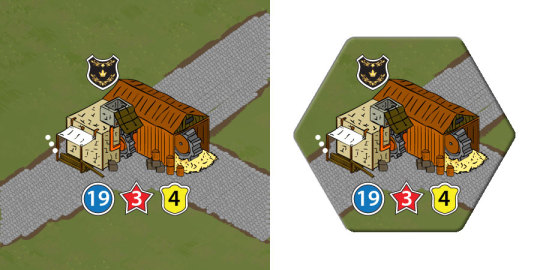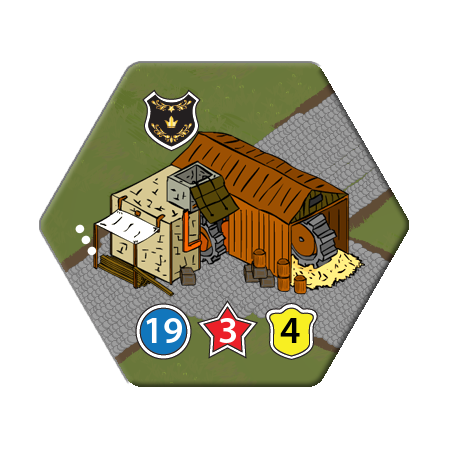Simple Game in Perl 6
Here's a little game which was a sub-game in the 1980's Commodore 64 game Legend of Blacksilver. It's a simple gambling game where you are dealt five cards in a row from a standard 52-card deck. The cards are then turned up one at a time. After each card is turned up, you have to guess whether the next card will be higher or lower in rank than the last one. Aces are high, and you lose all ties. If you guess all four right, you win.
[Update: There's a serious bug in this version, as pointed out by Brad in the comments, but I'm leaving it in the original so the comments make sense, since I'm writing these for learning purposes. A fixed version can be found at my GitLab account.]



